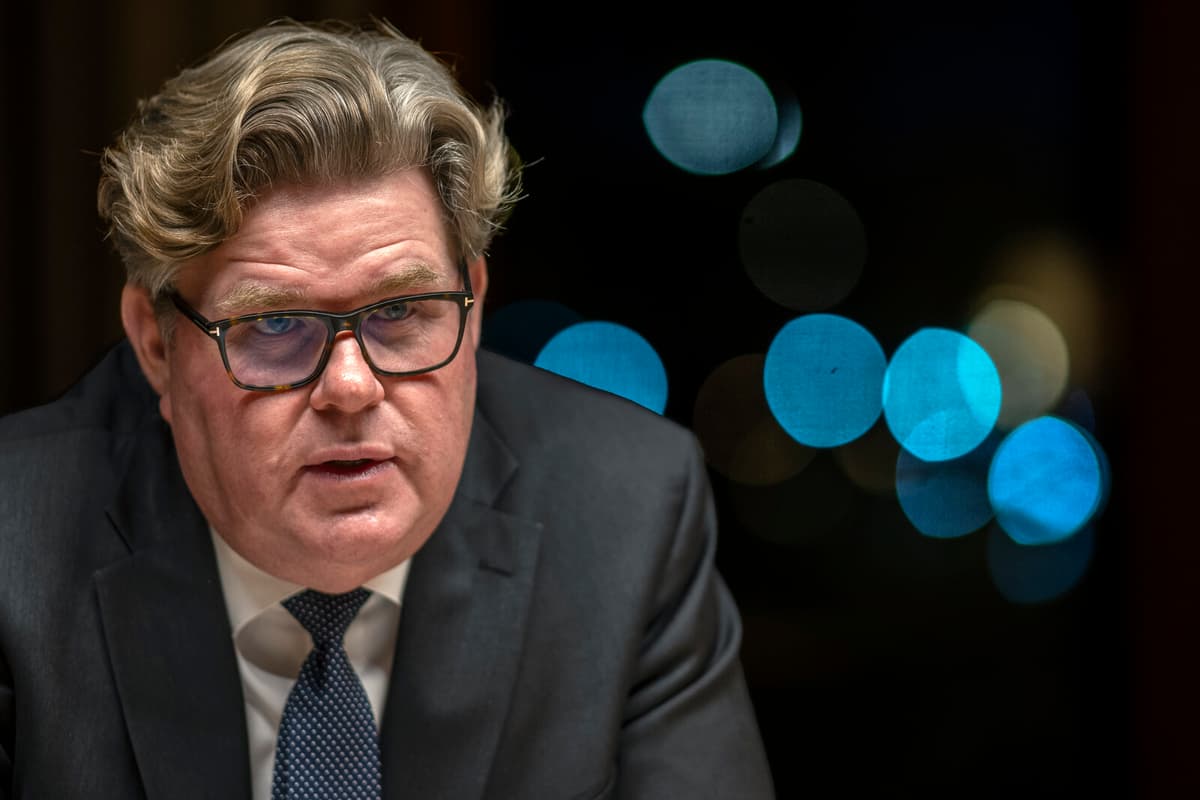The Government has decided to appoint an inquiry into introducing a reversed burden of proof in cases of extended confiscation.
This would mean that it is the criminal who must prove that, for example, a luxury car or a large amount of money came into their possession in a legitimate way.
This could be very powerful, says Minister of Justice Gunnar Strömmer (M).
Confiscation means that a person's property is transferred to the state. If a reversed burden of proof is introduced, it will be for extended confiscation. This means that a person must have been convicted of a crime of a certain severity. For example, gross fraud, gross tax evasion, drug offenses, or drug smuggling.
New Front
On November 8, a new law came into force on independent confiscation. Independent confiscation means that it does not have to take place within the framework of a criminal case.
The property does not have to be linked to a specific crime to be seized and confiscated. However, the prosecutor must be able to clearly show that it is more likely that the property comes from criminal activity than that it does not.
Strömmer describes it as opening a completely new front against criminals, since confiscation no longer has to take place within the framework of a criminal case.
"Too Difficult"
He does not believe that a reversed burden of proof in criminal cases would entail a similar change, but thinks that the bar for confiscation is too high.
It's all too difficult because you practically have to link the assets to a specific crime.
With a reversed burden of proof, the starting point is that the property comes from criminal activity unless the owner can provide an explanation.
In Swedish criminal law, the principle is that the burden of proof lies with the prosecutor, but there are countries that have a reversed burden of proof for extended confiscation, such as Denmark and Norway.
Whether it will be like this remains to be seen, says Strömmer.
The inquiry is to be completed by December 2025.






